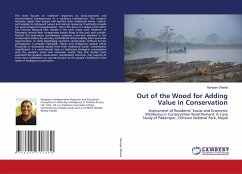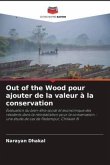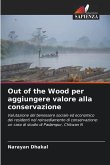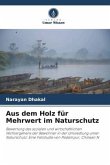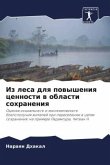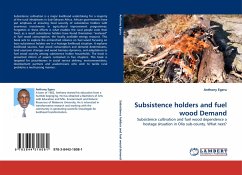The work focuses on residents' responses on social,economic and environmental consequences of a voluntary resettlement. This research indicates clearly that people will sacrifice their traditional home, culture, and wisdom to safeguard nature and natural resources if authority provide fair and transparent compensation. This is the story of a village from within the Chitwan National Park moved in the semi urban area. Residents of Padampur shared their comparative stories living in the park and outside. Overall, this voluntarily resettlement achieved a win-win situation in the conservation history by securing wild habitat and providing more economic opportunities. In most developing countries conservation without human participation is virtually impossible. Native and indigenous people either forcefully or voluntarily moved from their traditional home. Conservation resettlement is a controversial issue in balancing biological conservation with the people's social and economic needs. Very few studies have examined the positive conservation resettlement outcome, and majority of them view resettlement as counterintuitive to the people's livelihood in the name of biological conservation.
Bitte wählen Sie Ihr Anliegen aus.
Rechnungen
Retourenschein anfordern
Bestellstatus
Storno

